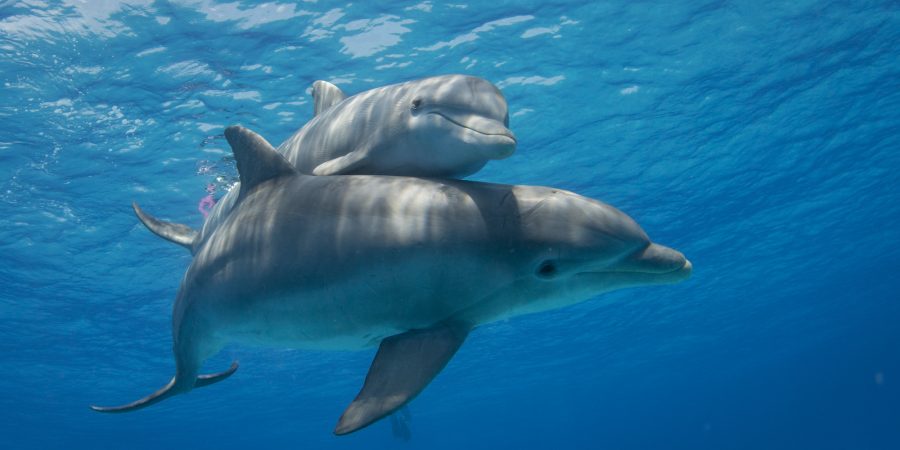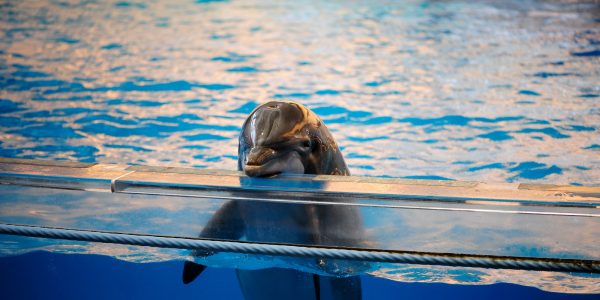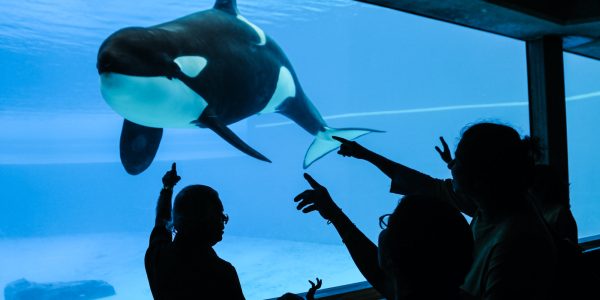The travel company has updated its animal welfare policy in a major step forward for captive marine animals all over the world.
Following in the positive steps of major travel companies like Booking.com, Expedia has taken a stand for wild and exotic animals trapped in the ‘entertainment’ industry. The travel giant will no longer advertise performances or interactions with dolphins and other cetaceans (aquatic mammals like whales and porpoises).
The announcement, made on Expedia’s Twitter, was met with praise and celebrations from caring people all around the world. This is more positive news for dolphins in Australia – after new regulations were introduced earlier this year outlawing the commercial breeding and importation of dolphins in NSW.









